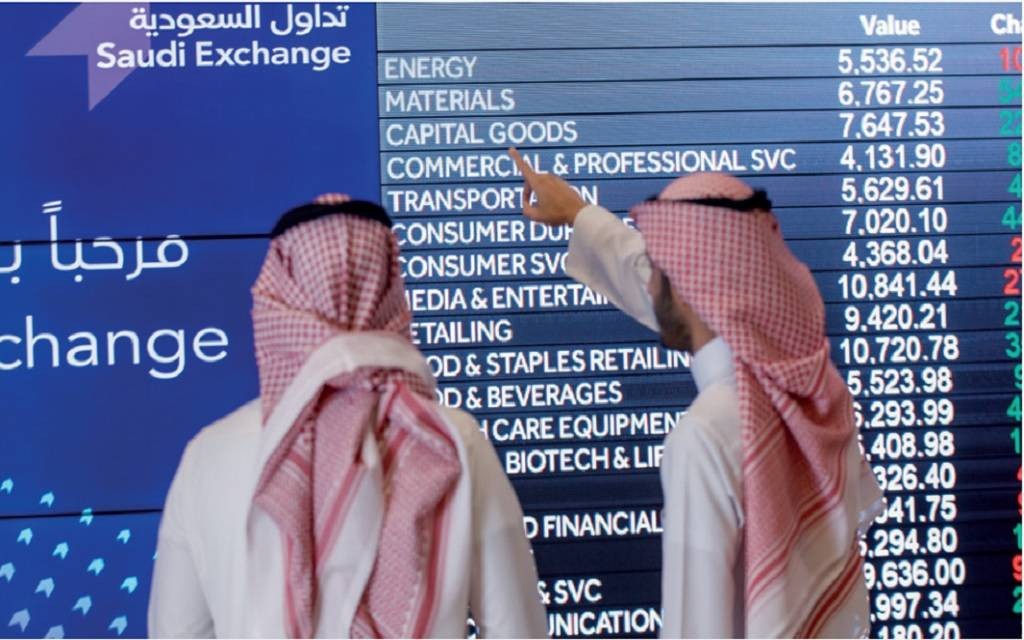Saudi Arabia's stock market has been volatile since the beginning of this month after its summer rally, with the Riyadh Stock Exchange suffering its worst start to the fourth quarter in years as regional tensions escalated.
The Tadawul All Share Index fell 2.2% in the first three trading days of October, as Israel intensified its campaign against Iran-backed Hezbollah and planned to retaliate against Tehran for its recent missile attacks. While the index had shrugged off rising tensions and weak oil prices for months, the latest setback erased all of its gains since the start of the year.
Questions are being asked about whether the market can afford further escalation of the conflict, with oil prices well below the levels needed to fund the kingdom’s economic diversification projects. For many investors, the answer is no, at least not in the foreseeable future. Investors are panicking about wars and geopolitical conflicts, says Ryan Lemand, CEO of Neovision Wealth Management.
Jassim Al-Jubran, head of sell-side research at Aljazira Capital, expects the market to remain under pressure in the short term. He expects the Tadawul index to fall to 11,380 points, about 5% from the last close. However, he added that it could rise by the same amount if conditions in the region improve.
Al-Jubran considered that concerns are increasing about the possibility of a direct military clash between regional parties. While Saudi Arabia's approach is to remain neutral, any escalation near the vital Strait of Hormuz could lead to an international crisis due to its importance to the global oil supply chain.
Oil is a major player.
Oil price movements remain an integral part of the Saudi stock market. While the kingdom is spending heavily to achieve Vision 2030, Crown Prince Mohammed bin Salman’s agenda to diversify the economy, it remains reliant on oil revenues, and weak crude prices have prompted a recalibration of investment plans, Bloomberg reported earlier.
HSBC Holdings strategists downgraded Saudi stocks to neutral from overweight, citing near-term risks from worsening geopolitical turmoil and lower oil prices.






































